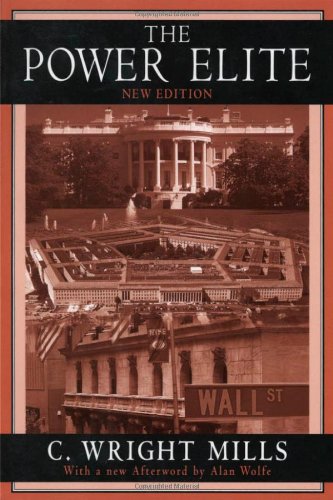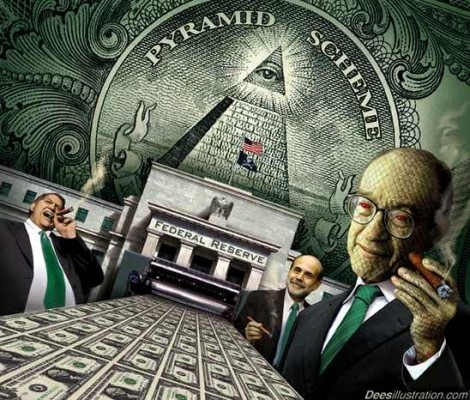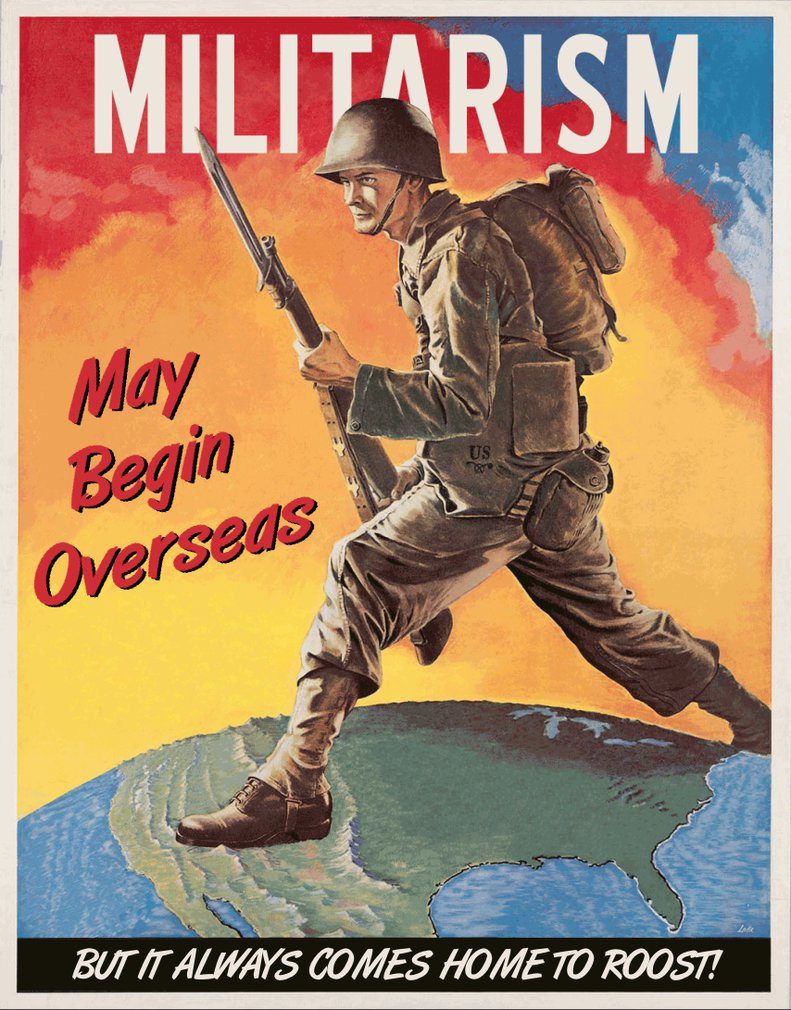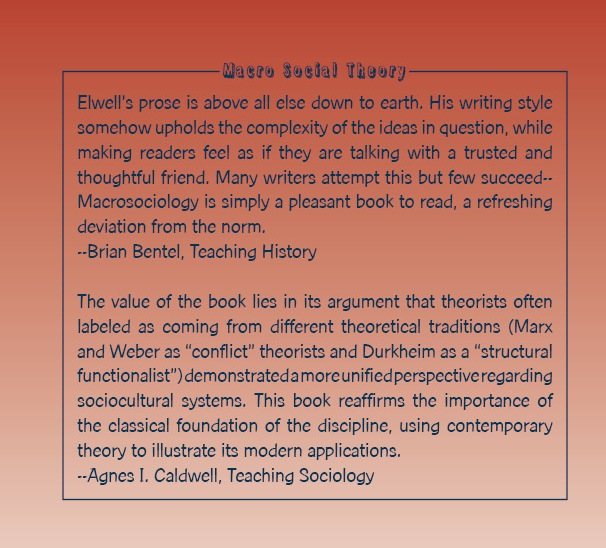
Sociocultural Systems: Principles of Structure and
Change Macrosociology: Four Modern Theorists A Commentary on Malthus" 1798 Essay as Social Theory Great Classical Social Theorists In the Classical Tradition: Modern Social Theorists Dr. Elwell's Professional Page
|
rbert Spencer's Evolutionary
Sociology C. Wright Mills [1916-1962] | |
|
C. Wright Mills on the Power
Elite
By Frank W. Elwell
In
all of his writings, Mills interprets the world through a theoretical
perspective very much influenced by Max Weber. In
The Power Elite, Mills made
explicit his belief that the American doctrine of balances of power is
an ideal showing less vigor today than was true in the past. According
to Mills, there is a power elite in modern societies, an elite who
command the resources of vast bureaucratic organizations that have come
to dominate industrial societies.
As the bureaucracies have centralized and enlarged the circle of those
who run these organizations have narrowed and the consequences of their
decisions have become enormous. According to Mills, the power elite are
the key people in the three major institutions of modern society: 1)
E
The elite occupy the key leadership positions within the bureaucracies
that now dominate modern societies, the positions in which the effective
means of power are now located. Thus their power is rooted in authority,
an attribute of social organizations, not of individuals. It is not a
conspiracy of evil men, he argues, but a social structure that has
enlarged and centralized the decision-making process and then placed
this authority in the hands of men of similar social background and
outlook.
In Mills’ view, major national power now resides almost exclusively in
the economic, political, and military domains. All other institutions
have diminished in scope and power and been either pushed to the side of
modern history, or made subordinate to the big three. It is their
similar social backgrounds that provide one of the major sources of
unity among the elite. The majority of the elite, Mills asserted, come
from the upper third of the income and occupational pyramids. They are
born of the same upper class. They attend the same preparatory schools
and Ivy League universities. They join the same exclusive gentleman's
clubs, belong to the same organizations. They are closely linked through
intermarriage.
The coordination of elites also comes from the interchange of personnel
between the three elite hierarchies. The closeness of business and
government officials can be seen, Mills asserts, by the ease and
frequency with which men pass from one hierarchy to another. Mills also
asserted that a good deal of the coordination comes from a growing
structural integration of dominant institutions. As each of the elite
domains becomes larger, more centralized, and more consequential in its
activities, its integration with the other spheres becomes more
pronounced.
Of the three sectors of institutional power, Mills claims, the corporate
sector is the most powerful. But the power elite cannot be understood as
a mere reflection of economic elites; rather it is the alliance of
economic, political, and military power. Mills saw two other levels of
power in American society below the
Between the masses and the elite Mills saw a middle level of power.
Composed of local opinion leaders and special interest groups, they
neither represent the masses nor have any real effect on the elite.
Mills saw the American Congress and American political parties as a
reflection of this middle-level of power. Although Congress and
political parties debate and decide some minor issues, the power elite
ensures that no serious challenge to its authority and control is
tolerated in the political arena. The positions of the elite allow them
to transcend the ordinary environments of men and women. The elite have
access to levers of power that make their decisions (as well as their
failure to act) consequential.
By 1958 (Causes of World War III), Mills seemed much more concerned with
the rise of militarism among the elites than with the hypothesis that
many elites were military men. According to
But it is not just the existence of a power elite that has allowed this
manufactured militarism to dominate. It has also been enabled by the
apathy and moral insensibility of the masses and by the political
inactivity of intellectuals in both communist and capitalist countries.
Most intellectual, scientific, and religious leaders are echoing the
elaborate confusions of the elite. They are refusing to question elite
policies, they are refusing to offer alternatives. They have abdicated
their role, they allow the elite to rule unhindered. For a more extensive discussion of Mills's theories refer to Macro Social Theory by Frank W. Elwell. Also see Sociocultural Systems: Principles of Structure and Change to learn how his insights contribute to a more complete understanding of modern societies.
Bibliography
Elwell, F. W. (2006). Macrosociology: Four Modern Theorists.
Boulder: Paradigm Publishers.
Mills, C. W. (2000). C. Wright Mills: Letters and Autobiographical
Writings. (K. Mills, & P. Mills, Eds.) Berkeley: University of
California Press.
Mills, C. W. (1960). Listen Yankee: The Revolution in Cuba. New
York: Ballantine Books.
Mills, C. W. (1958). The Causes of World War Three. London:
Secker & Warburg.
Mills, C. W. (1956/1970). The Power Elite. New York: Oxford
University Press.
Mills, C. W. (1959/1976). The Sociological Imagination. New York:
Oxford University Press.
Mills, C. W. (1951/1973). White Collar: The American Middle Classes.
New York: Oxford University Press.
|
 conomy; 2) Government; and 3) Military. The bureaucracies of state,
corporations, and military have become enlarged and centralized and are
a means of power never before equaled in human history. These
hierarchies of power are the key to understanding modern industrial
societies.
conomy; 2) Government; and 3) Military. The bureaucracies of state,
corporations, and military have become enlarged and centralized and are
a means of power never before equaled in human history. These
hierarchies of power are the key to understanding modern industrial
societies.  power elite. At the bottom are the
great masses of people. Largely unorganized, ill informed, and virtually
powerless, they are controlled and manipulated from above. The masses
are economically dependent; they are economically and politically
exploited. Because they are disorganized, the masses are far removed
from the classic democratic public in which voluntary organizations hold
the key to power.
power elite. At the bottom are the
great masses of people. Largely unorganized, ill informed, and virtually
powerless, they are controlled and manipulated from above. The masses
are economically dependent; they are economically and politically
exploited. Because they are disorganized, the masses are far removed
from the classic democratic public in which voluntary organizations hold
the key to power. Mills, the rise of the
military state serves the interests of the elite of industrial
societies. For the politician th
Mills, the rise of the
military state serves the interests of the elite of industrial
societies. For the politician th